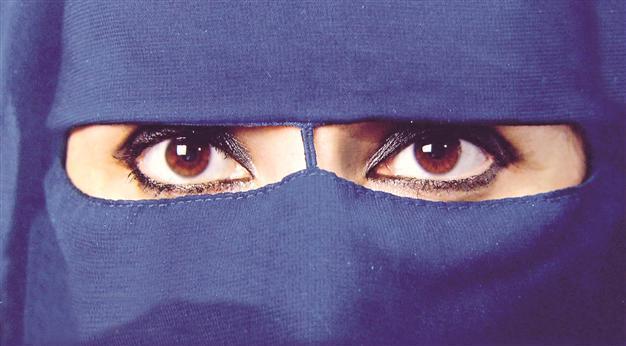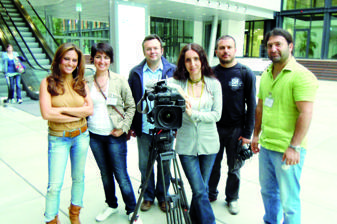Documentary marks Turks’ 50 years in Germany
ANKARA - Anatolia News Agency

The documentary ‘Multikulti Haberler’ features the feelings and thoughts of significant figures of German media.
The second episode of a four-part documentary series, “Almanya’da Yarım Asır” (Half a Century in Germany) marking the 50th anniversary of the beginnings of Turkish immigration to Germany will air tonight, shedding light on 50 years of Turkish immigrants and the integration process.Directed by Semra Güzel Korver, the documentary titled “Multikulti Haberler” (Mulikulti News), recently staged its gala at TRT Istanbul Radio and will be aired tonight at 9:50 p.m. on TRT 1.
The documentary, which took a year to complete, features the feelings and thoughts of figures such as ZDF Editor-in-Chief Peter Frey, famous RTL moderator Nazan Eckes, Bild Editor-in-Chief Kai Diekmann, ARD editor Erkan Arıkan, Der Spiegel editor Bernhard Zand, RBB editor Cem Dalaman and WDR Turkish Publications Director Murad Bayraktar.
Turkish immigration
Korver said the first documentary of the series, “Alamanya Alamanya” (Germany, Germany), featured discussions of the identity, belonging and language of the Turkish immigrants and that “Multikulti Haberler” dealt with the 50 years of Turkish immigration in Germany and the integration process through the viewpoint of the media.
She said the documentary’s upcoming two episodes would question immigration and integration in the fields of the economy and education.
She said Multikulti, a term for the “multiculturalism” policy adapted by Western countries for the integration of immigrants, was also the name of a radio channel in Germany.
“Radio Multikulti was founded in 1994. It was broadcast in 18 languages, including Turkey. The radio, which was closed down in 2008, became one of the symbols of the change in Germany’s immigration policies. The film took its name from this radio channel.”
 Multiculturalism
MulticulturalismKorver said she had worked on foreigners, media and immigration for the European Council, European Union, European Broadcasting Union and Southeastern Europe Broadcasting Union for eight years, and that while starting the documentary, she had evaluated the media as part of the main thrust of the project.
She said she had realized that the media was a significant issue and decided to shoot one of the documentary’s episodes on multiculturalism, media and integration. “We thought that we could help new ideas be born.”
She said 20 percent of Germany’s population and 3 percent of the people working in the German media were immigrants.
The documentary features topics such as immigration through the perspective of Turkish-origin and German journalists and the managers of significant German media companies; Islamophobia; the story of Radio Cologne, one of the Turkish radios that was founded in 1964 before becoming a phenomenon; Radio Multikulti; and the effect of Turkish publications on learning German, she said.
“If you are living in a multicultural society, you see wrong publications everyday about your culture, identity and faith. How can you see yourself as a part of this society?” she said.
Korver said they were also looking to screen the documentary in Germany.
















